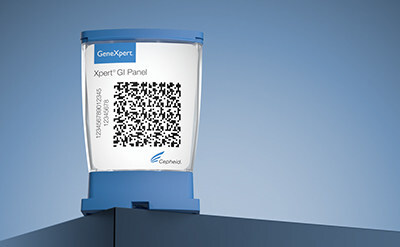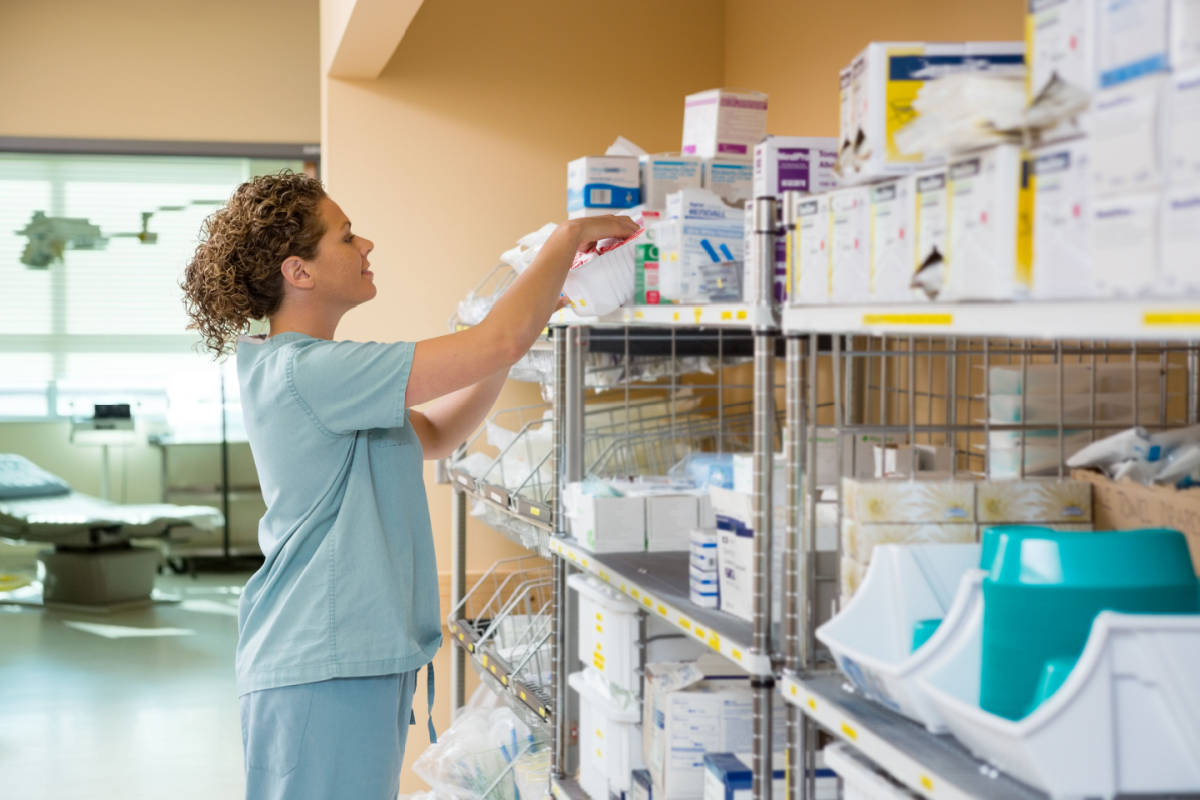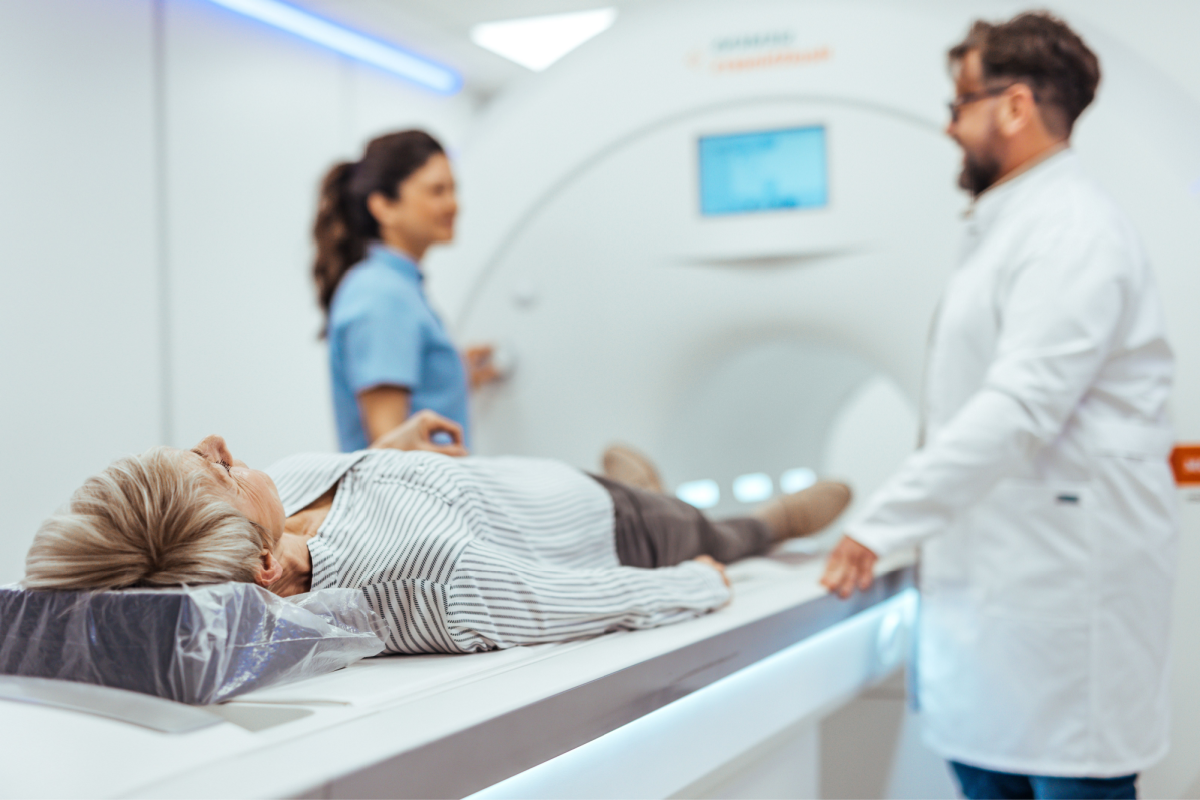Dexcom’s TV commercial for Stelo, the first approved over-the-counter (OTC) continuous glucose monitoring (CGM) device in the US, tells consumers that monitoring glucose levels doesn’t have to be complicated.
The 30-second direct-to-consumer (DTC) ad is called “Health Revolution: No Prescription Biosensor,” which describes how 24/7 CGM is an important part of revolutionizing health. And as the title of the ad suggests, the sensor is available without a prescription.
The new Stelo TV commercial shows people going about their everyday lives, saying how they’re already tracking many things, from the distances they travel to weather forecasts to tracking packages and their sleep.
“It’s time for an easy way to track your glucose. Meet Stelo, the powerful glucose biosensor,” says the voiceover in the commercial.
The Stelo glucose biosensor received clearance from the US Food and Drug Administration (FDA) in March. It made its market debut at the end of August and is available for purchase online for $99 for a one-month supply or an ongoing subscription for $89 a month.
The FDA-approved, OTC CGM device is designed for adults 18 years of age and older who are not taking insulin and want to monitor their glucose levels without needing a prescription. The device is mainly targeted to individuals with type 2 diabetes or prediabetes, as well as people interested in tracking glucose trends to see how lifestyle choices affect their blood sugar.
The new Stelo TV commercial explains how the powerful glucose biosensor helps individuals track their glucose 24/7 to reveal how food, exercise and sleep can affect levels.
“Helping you to become a healthier you. Join the personal health revolution today.”
Related: Dexcom Unveils Stelo, the First OTC Glucose Biosensor, Coming Summer 2024
Dexcom has long been in the CGM market with devices suitable for people with type 1 and type 2 diabetes. However, Stelo is the company’s first product available OTC without a prescription.
The new TV ad for the Stelo glucose biosensor highlights its ease of use and innovative features. It showcases Stelo as a compact, wearable sensor designed to track glucose levels continuously.
The sensor is worn on the back of the upper arm and can provide glucose readings 24/7 for up to 15 days. The data is continuously sent to a smartphone app, allowing users to monitor their glucose levels in real-time. Unlike traditional CGMs that require a prescription, Stelo offers a more accessible option for glucose monitoring, though users are advised not to make any medical decisions based solely on the readings without consulting a healthcare provider.
The device is not intended for those with problematic hypoglycemia, as it does not alert users to dangerously low blood sugar levels.
The new Stelo TV commercial promotes how the device empowers users to understand how their diet, exercise and daily habits affect their glucose levels, which can be particularly helpful for people with non-insulin-dependent diabetes. It also draws attention to Stelo’s long 15-day wear time and its affordability, offering users personalized health insights without the need for invasive testing.
XTALKS WEBINAR: Medical Device Safety: Navigating Regulations and Standards to Determine Non-clinical Requirements
Live and On-Demand: Wednesday, November 6, 2024, at 1pm EST (10am PST)
Register for this free webinar to gain insights on how the intended use, technological characteristics and risk classification of a medical device relates to standards.
While many type 1 diabetes patients already receive insurance coverage for CGMs, Stelo opens the door for millions of type 2 diabetes patients who previously struggled to obtain prescriptions or coverage. Additionally, the launch signifies Dexcom’s entry into the growing prediabetes market, offering the potential for significant growth in the space.
Stelo was the first of three OTC glucose sensors that won FDA clearance this year. In June, Abbott got the nod for two sensors — the Lingo and Libre Rio. The Lingo is aimed at individuals 18 and older looking to improve overall health, while the Libre Rio is designed for adults with type 2 diabetes who manage their condition through lifestyle changes rather than insulin use.
The CGM devices market has seen rapid growth in recent years, driven by the increasing prevalence of diabetes, technological advancements and growing awareness about diabetes management. CGMs provide real-time glucose readings, offering better management of blood sugar levels for patients with both type 1 and type 2 diabetes.
Companies like Dexcom, Abbott (with its FreeStyle Libre) and Medtronic (with its Guardian Connect System) lead in the CGM space, with new iterations of their products increasingly featuring longer wear times, improved accuracy and integration with smartphone apps and insulin pumps.
The global CGM market was valued at approximately $4.60 billion in 2023 and is expected to grow at a compound annual growth rate (CAGR) of around 7.19 percent from 2024 to 2030. By the end of this forecast period, the market size could exceed $10 billion. This growth is being fueled by both existing patients and the untapped prediabetes market.
If you want your company to be featured on Xtalks.com, please email [email protected].












Join or login to leave a comment
JOIN LOGIN